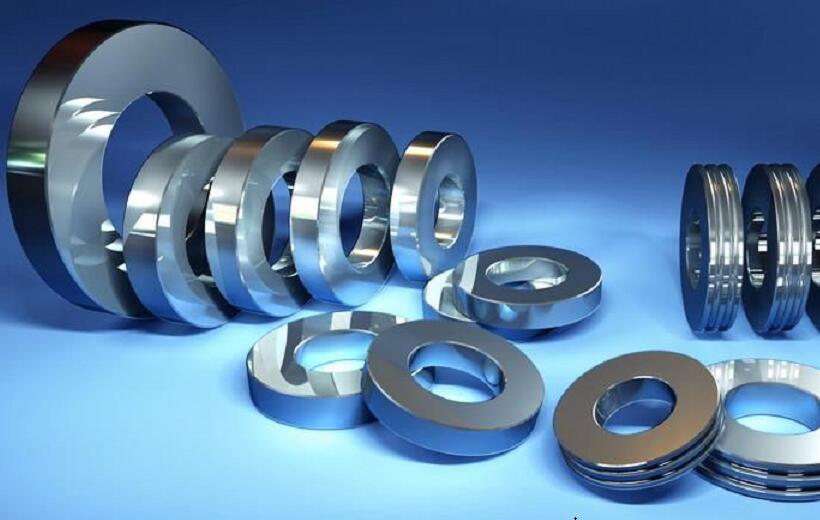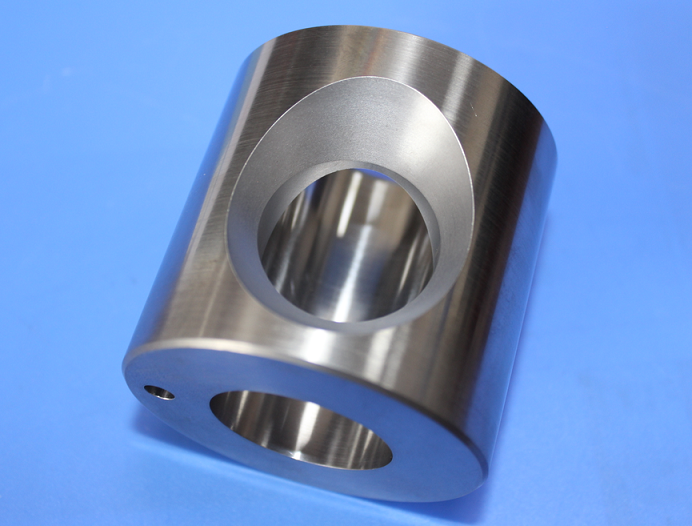Application of High Specific Gravity Tungsten Alloy in Medical Shielding

Application of High Specific Gravity Tungsten Alloy in Medical Shielding
With the development of medical technology, more and more radiation devices appear in our lives. The hazards of radiation and how to protect people from radiation hazards have aroused people's attention. In order to protect patients, doctors, nurses, and others from radiation hazards, radioactive sources must be isolated and shielded. Lead and iron are traditional radiation shielding materials, but there is no doubt that high-specific gravity tungsten alloy shields are the best choice. So in this article, let's take a deeper look at the application of high-specific gravity tungsten alloy in medical shielding.

Application of High-Specific Gravity Tungsten Alloy
Advantages of High Specific Gravity Tungsten Alloy Shield
The radiation shielding property of a material is closely related to the density of the material. Higher density means better radiation absorption and radiation shielding capabilities. Because the density of tungsten alloy is higher than that of most materials, the radiation absorption and shielding ability of high specific gravity tungsten alloy shields are better than other traditional shielding materials, such as lead.
The high specific gravity tungsten alloy shield has better-shielding properties to γ-rays so that the volume of the shield can be reduced. Compared with lead, tungsten alloy shields of the same volume with high specific gravity have better radiation shielding properties.
Because tungsten alloy features high density (density 60% higher than lead), machinability, good corrosion resistance, and high radiation absorption capacity (better than lead and steel), high strength, tungsten alloy is the best raw material for shielding parts. Tungsten alloy shields still have the same radiation shielding capabilities as lead, although the volume and thickness of tungsten alloy shields are reduced. In addition, since tungsten alloys are non-toxic and pollution-free, they are more environmentally friendly than lead and depleted uranium.
Application of High Specific Gravity Tungsten Alloy Shields
The use of high-specific gravity tungsten alloy shields is not subject to NRC, EPA, and special OSHA regulations. Therefore, high-specific gravity tungsten alloy shields are widely used in the field of nuclear medicine as collimators, radioisotope containers, and radiotherapy radiation source containers.
Conclusion
Thank you for reading our article and we hope it can help you have a better understanding of the application of high specific gravity tungsten alloy in medical shielding. If you want to learn more about tungsten and tungsten alloys, we would like to advise you to visit Advanced Refractory Metals (ARM) for more information.
Headquartered in Lake Forest, California, USA, Advanced Refractory Metals (ARM) is a leading manufacturer & supplier of refractory metals & alloys across the world. It provides customers with high-quality refractory metals & alloys such as niobium, molybdenum, tantalum, rhenium, tungsten, titanium, and zirconium at a very competitive price.
{{item.content}}
LEVE A REPLY
{{item.children[0].content}}
{{item.content}}






